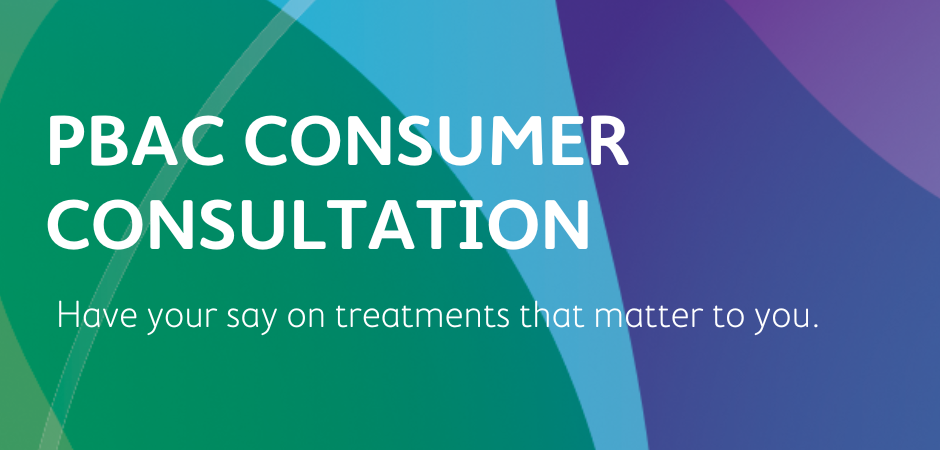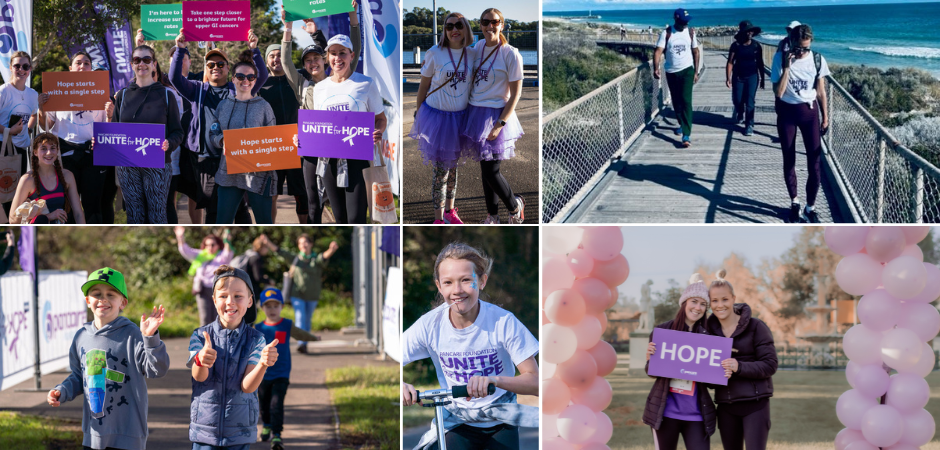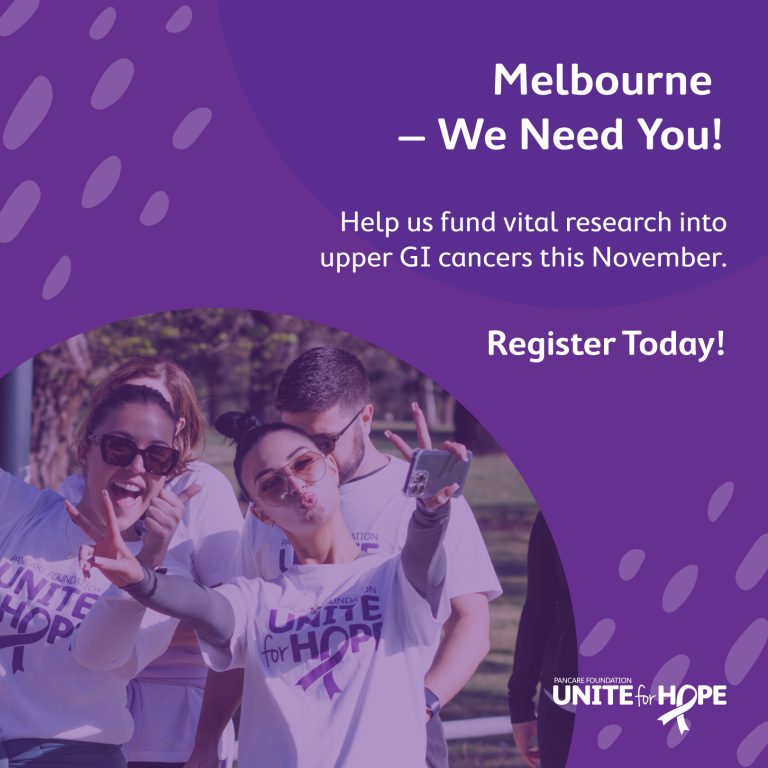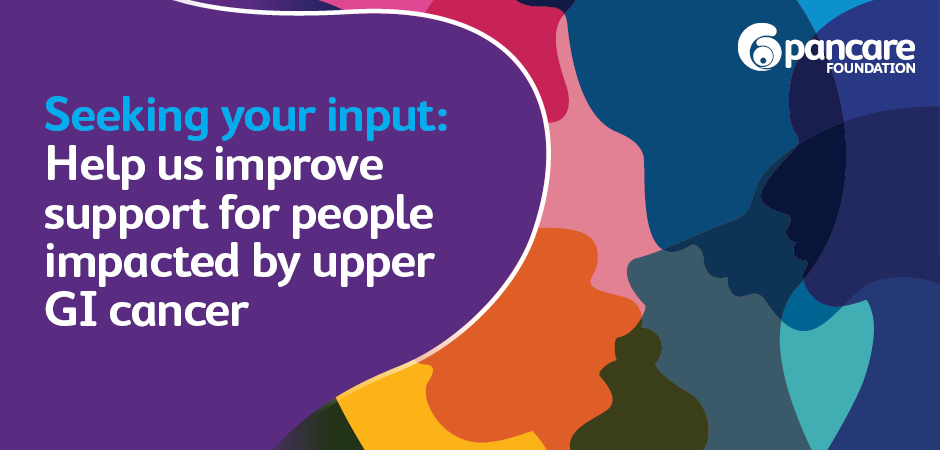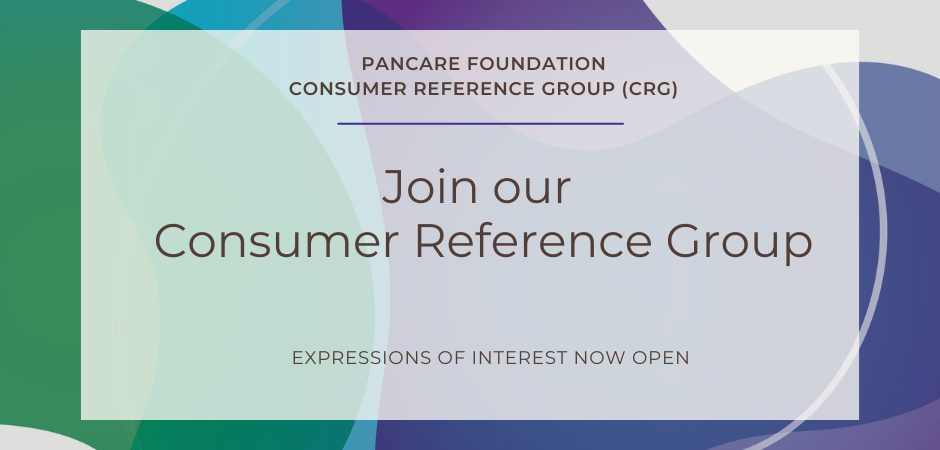The importance of diet and nutrition during and after cancer treatment
Eating is a daily pleasure but a good diet is essential when it comes to optimising your health outcomes during and after cancer treatment. It is important to understand the importance of diet and nutrition during and after cancer treatment.
On this page:
> How cancer treatment affects diet
> How nutrition benefits patients during cancer treatment
> Seeing a cancer dietitian
> Dietary tips
> Diet and upper GI cancer – Living Well Series webinar
> Avoiding misleading information and treatment options
Nutrition plays a pivotal role in any cancer treatment, a process that continues to place significant demands on the human body. Consuming the right types of foods prior to, during, and after treatment can help patients gain the greatest benefit from treatment, including feeling better and stronger.
Cancer, its treatments and side effects can affect how you live day-to-day. Maintaining a healthy diet during cancer treatment can be difficult due to the unpleasant side effects of treatment, such as nausea, vomiting, poor appetite, or mouth sores or as the result of surgery to treat upper gastrointestinal (GI) cancers.
How cancer treatment affects diet
Treating cancer can sometimes be an aggressive process. Though treatments are constantly evolving, the three most common methods of treating cancer include:
- Chemotherapy – medications are administered to help cure or control cancer.
- Surgery – the cancer is removed during the course of an operation.
- Radiotherapy (radiation) – treatment using X-rays and gamma rays to help cure or control cancer.
Because most cancer therapies involve damaging normal, otherwise healthy cells, while simultaneously killing cancer cells, patients may experience any number of side effects that affect the ability to eat or maintain a healthy appetite. Side effects may include:
- feeling sick (nausea)
- loss of appetite
- feeling fatigued
- having a dry mouth
- having a sore mouth
- having a sore throat or trouble swallowing
- constipation or diarrhoea
- changes or loss of taste or smell.
It’s important to note that these side effects can vary from person to person, and typically depend on what part of the body is treated, the duration of treatment and the amount of treatment administered. Though most side effects are temporary, it is not uncommon for patients to need assistance controlling and managing them in order to maintain optimal nutrition.
The minute dad was diagnosed, the first thing he said was: what can I eat, what should I eat, what shouldn’t I eat? Because food is the focus of our culture. Our family gets together over a big family feast and it’s the core of family life. Irene, carer of her dad with pancreatic cancer
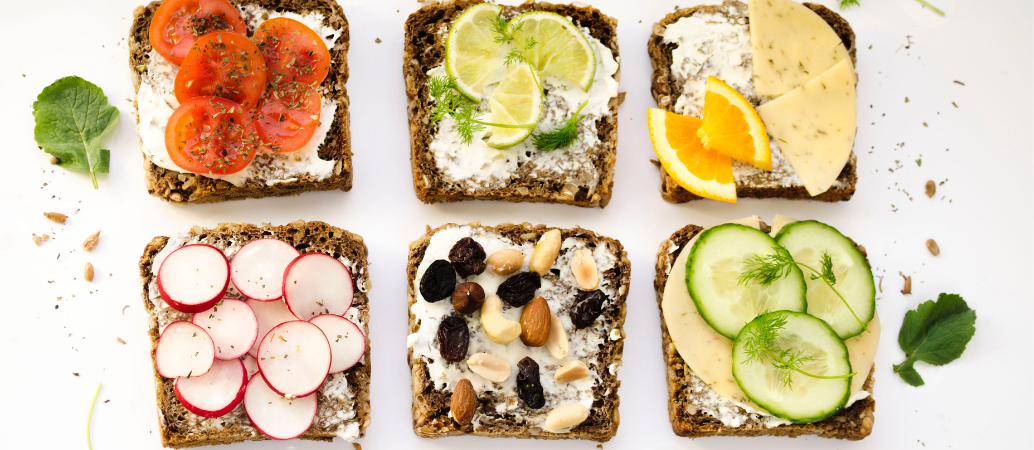
How nutrition benefits patients during cancer treatment
There are several nutrients essential to helping the body maintain the strength it needs in the fight against cancer – fat, protein, carbohydrates, water, vitamins and minerals. Like side effects, the needs for each vary from person to person, and may vary depending on the course of treatment.
For example, cancer patients typically require more protein than usual during treatment. Protein not only aids the immune system during treatment, it also helps to repair body tissue without breaking down muscle for fuel.⁵ Working together with your cancer care team can help better identify nutrition goals, and plan strategic ways to help you meet them during treatment.
Though there’s no evidence to concretely prove that eating certain foods can prevent or cure cancer, there are healthy habits that are recommended, both prior to and after diagnosis. The goal should be eating a wide variety of foods that cover the full spectrum of nutrients.
Maintaining a healthy diet during cancer treatments may help you:
- feel better
- better tolerate any treatment-related side effects
- have a lower risk of infection
- keep up your energy and strength
- maintain a healthy weight
- maintain your body’s nutrients
- heal and recover faster.
An Accredited Practising Dietitian (APD) can be a valuable resource during treatment and can work with your cancer care team to set goals on the path to recovery. It is also important to ensure that any and all medical professionals consulted are qualified in their respective fields.
Many people find that managing dietary-related symptoms makes the biggest different to how they feel. If you can eat and maintain your weight you will often feel better and cope better with treatment.
Seeing a cancer dietitian
Seeing a dietitian who is experienced in upper GI cancer is important to prevent and manage weight loss and to make sure that your diet and nutrition is the best it can be. Ask your treating doctor for a referral to a cancer dietitian.
Dietary tips
People with upper GI cancers can often struggle to maintain a healthy weight. Cancer treatments, and the associated side effects, can also make it hard to take in, digest and absorb your food. A complete, nutritionally balanced diet is essential for everyone, but it’s even more important if you are going through cancer treatment. A nourishing diet is one that contains enough kilojoules and protein to meet your needs. You may also hear the term ‘high-energy, high-protein diet’.
Being able to eat well can make a big difference to how you feel. These tips may help how you feel:
- Eat nourishing foods and fluids that are high in energy and protein.
- Try eating little and often because large portions may be hard to eat – every mouthful helps.
- If you feel sick or full have a break and eat some more later.
- Freeze individual portions to defrost for when you feel like eating.
- Well-presented food on the plate can help it look more tempting.
- Support and gentle encouragement from family can help with food preparation and eating.
Diet, nutrition and upper gastrointestinal cancer – view a recording of our Living Well Series Webinar
Upper gastrointestinal cancer and treatments can affect how your body is able to digest food and absorb nutrients. Good nutrition can affect how your body responds to surgery, treatment and recovery. Maintaining a healthy diet during cancer treatment can be difficult due to unpleasant side effects of treatment or as a result of surgery to. Advanced Accredited Practising Dietitian, Lauren Atkins, shares her expert knowledge in this webinar and provides specialised and practical insight into managing your symptoms and nutritional needs after surgery and pre and post treatment.
PanSupport’s Living Well Series is an informative, online webinar series which seeks to enhance the daily health and wellbeing of patients and their carers, living with an upper GI cancer. To learn more about upcoming events in our Living Well Series please get in touch.
Avoiding misleading information and treatment options
Though there has been a wealth of research regarding the positive effects of nutrition during cancer therapies, there have not been any concrete discoveries to suggest that specific foods or diets can completely prevent, treat, or cure any cancer.
However in recent years, there have been a number of diets or programs claiming to cure or prevent cancer, causing a rising number of individuals to take to the internet to seek out treatment options. According to industry experts, such “miracle” therapies are often marketed in misleading ways or are touted as complementary and alternative medicines (CAM), leading to some skewed perceptions regarding nutrition and wellness during cancer treatment.
Before considering any complementary treatment, such as the help of an Accredited Practising Dietitian or other dietary specialist, it is important to consider your diagnosis and needs. Many diets marketed as CAM therapy recommend the removal of entire food groups, which could prove detrimental to cancer patients’ health during the course of treatment.
Any questions or concerns regarding diet or nutrition-based therapies, or any CAM treatments, should be directed towards your primary care provider, who can recommend additional action or provide supplementary information regarding your diagnosis.

